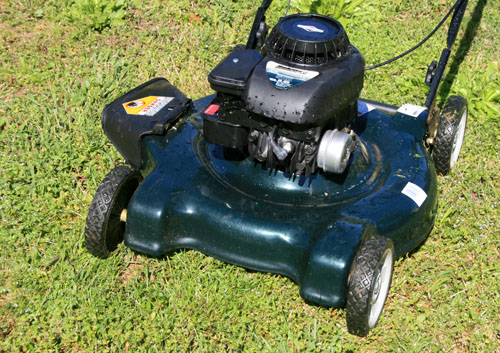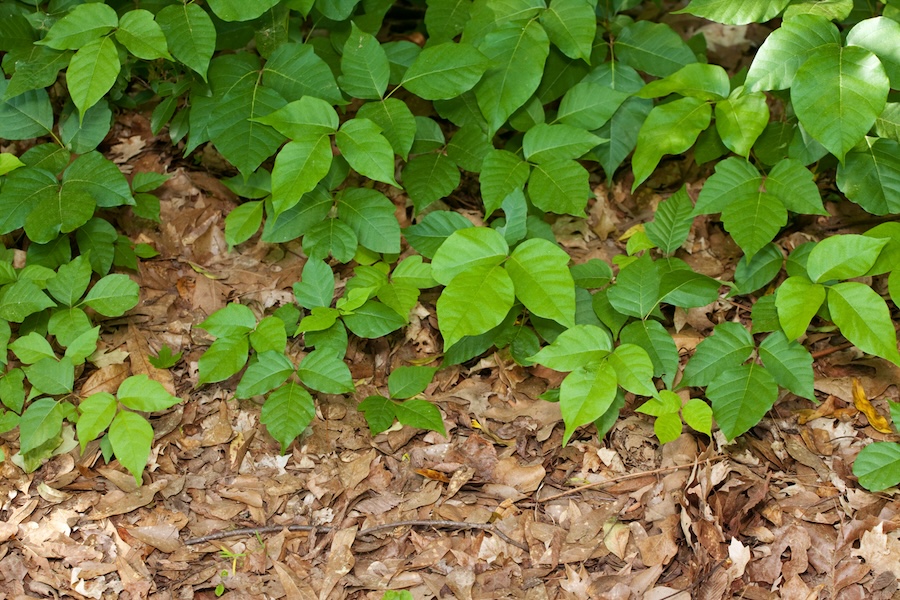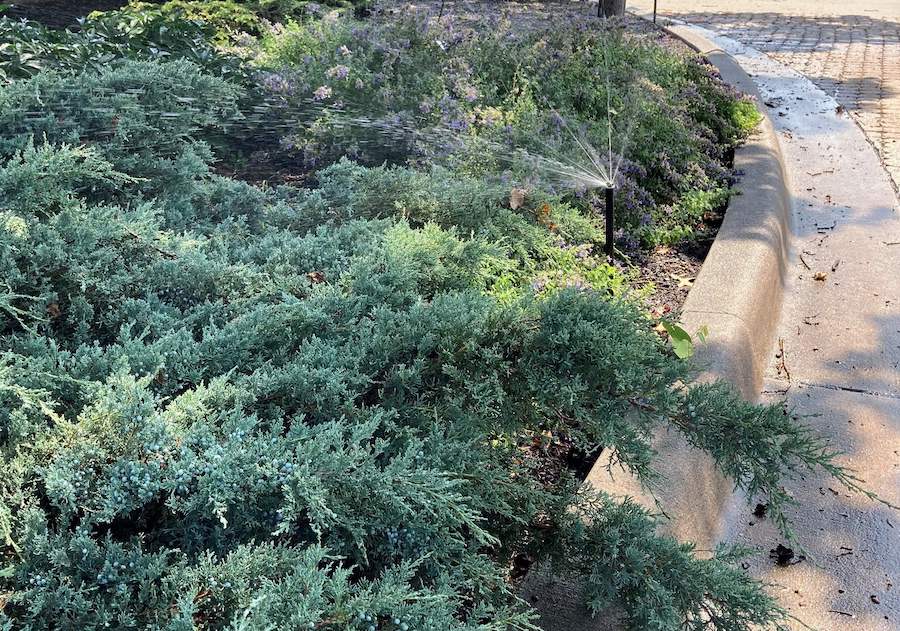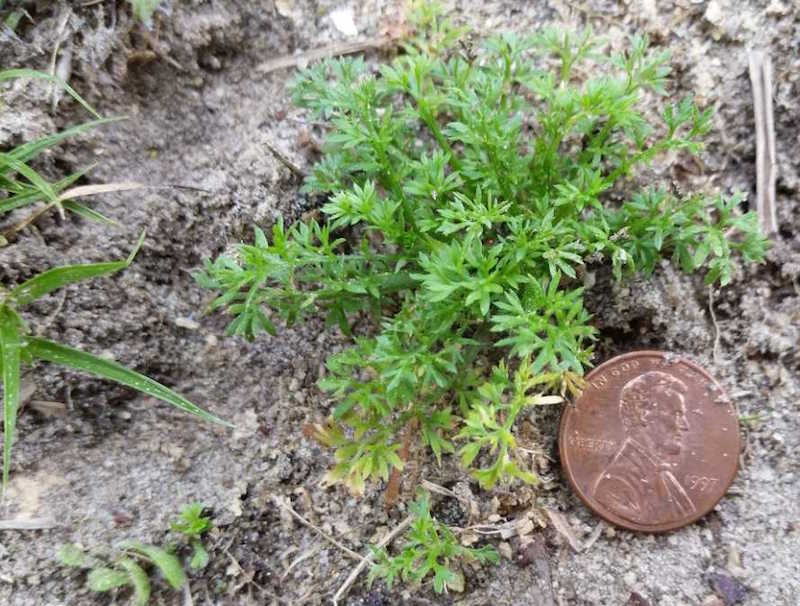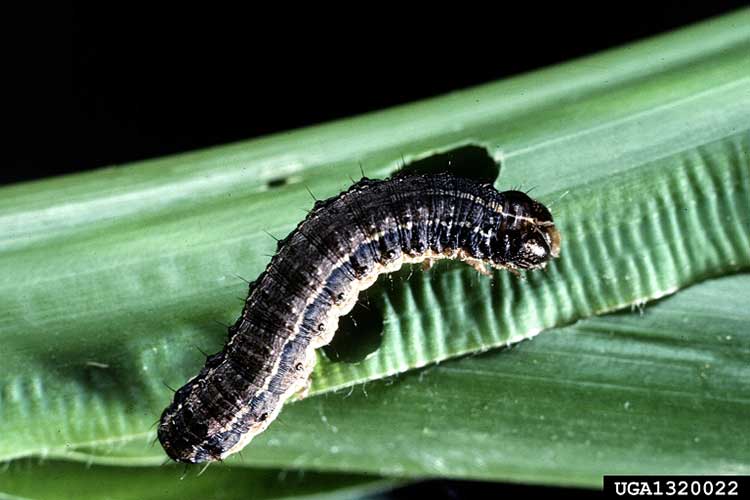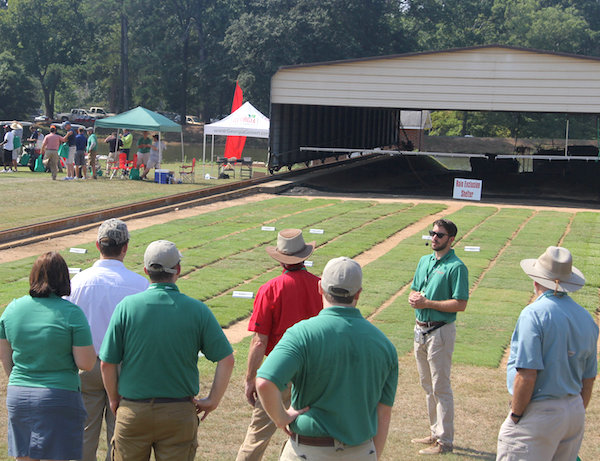Every year, local county Extension offices receive hundreds of phone calls from homeowners with questions about when to do this or that to their lawns. When do I fertilize? When do I plant grass seed? When do I core aerate? When do I apply pre-emergent herbicides?
Calendar available online
To assist homeowners and landscape professionals, the University of Georgia Turf Team created a one-stop website with current, research-based information on lawn care in Georgia at www.georgiaturf.org.
One of the most important tools that consumers can use in lawn maintenance is a lawn calendar. The turf team website has a lawn calendar for each turfgrass species that can be grown in Georgia: bermudagrass, centipedegrass, tall fescue, zoysiagrass and St. Augustinegrass.
Every homeowner should get a copy of this lawn calendar for their lawn type and keep it handy. If you don’t have access to the Internet, stop by your local UGA Cooperative Extension office and get a free lawn calendar, or call 1-800-ASK-UGA1.
Know your grass and its needs
Proper lawn care can be confusing. For starters, the average homeowner doesn’t even know what type of grass he has.
There are many herbicides that are only labeled for certain lawn types. If you spray a herbicide that doesn’t have your lawn grass listed on the label, there is a good chance you will kill your lawn. Never assume that just because it is labeled for one grass that it can be used on all lawns. If your grass isn’t on the label, don’t use it!
The rules are different from state to state
There is a lot of confusing information on the Internet and on various lawn products about when is the best time to do anything to your lawn. The how and when to fertilize your lawn or when to apply herbicides varies depending on where you live. When to do these tasks in Ohio is not going to work in Georgia and vice-versa because lawns can grow on completely different schedules, depending on temperature, climate zones and rainfall patterns.
Remember, every lawn type has a unique maintenance schedule. For example, cool-season grasses such as tall fescue should only be fertilized in the spring and fall. On the other hand, warm-season grasses that go dormant, like bermudagrass, should only be fertilized after soil temperatures at the 4-inch depth are consistently 65 F and then throughout the summer. Warm-season grasses should never be fertilized in the winter. Their dormant roots while will not take up the fertilizer. You basically end up feeding the winter weeds.
Healthy grass wins out over weeds
Most insects, diseases and weeds that affect lawns can be minimized or avoided just by simply providing the proper maintenance at the right time. A thick, healthy turfgrass can out-compete most weed problems and can better tolerate insects, diseases and drought stress. An added benefit to managing your grass properly is that you won’t need to use as many pesticides.
Managing your grass properly begins with sticking to a lawn calendar made for Georgia and not watching what your neighbors are doing. Once you get your proper Georgia lawn calendar, be a good neighbor and print some for neighbors and friends so they can keep a copy handy, too.

